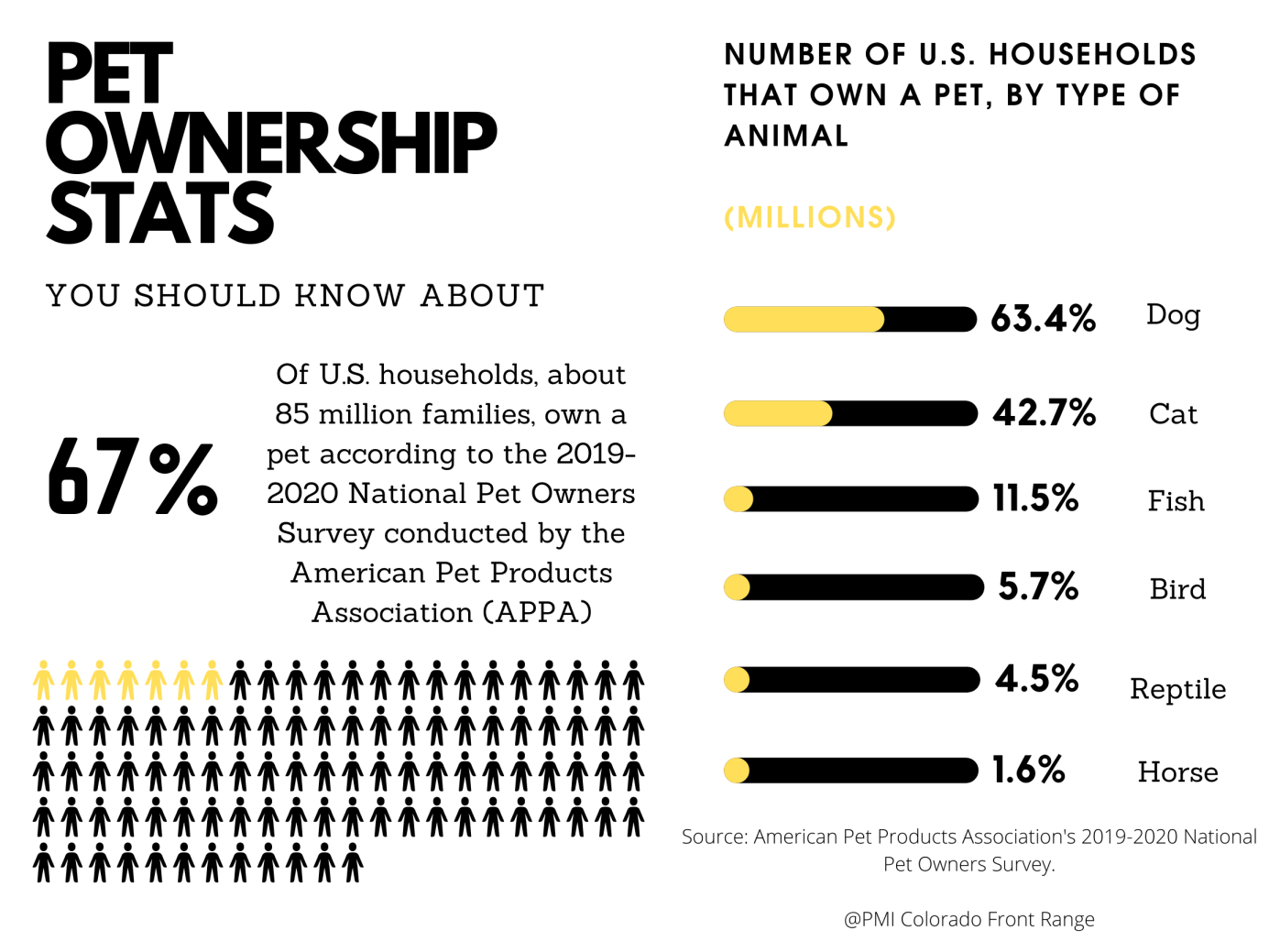
There is no getting around the issue of pets if you are a landlord.
Just consider the following statistics:

Given that 67% of American households have a pet – that’s 6 out of 10 families – placing a ban on pets severely limits your prospective tenant pool.
Thankfully, there are more reasons than not to allow pets onto your property.
Here are the top three benefits of pet allowances.
3 Benefits of Pet Allowances

Benefit #1 Wider Inclusive Tenant Pool
How many people in the U.S. are renting? The latest data we have on hand shows us that up to 40% of people in the country rent properties. That’s approximately 43.3 million households.
This shouldn’t come as a surprise seeing as nearly half of renters – 43% - cannot afford to purchase a home.
With so many people being in need, it stands to reason that by allowing pets, you’re widening your prospective tenant pool.
You can cater to both those with or without pets allowing you to charge competitive rental fees.
And speaking of rental income…
Benefit #2 Increased Rental Income
Undoubtedly one of the more attractive benefits of pet allowances is the possibility of commanding higher rental fees.
In fact, studies already show us that pet-friendly rentals typically have higher premiums than rentals that prohibit pets.
The rental difference can be as much as 20% to 30%.
How is this achieved?
Pet-friendly rentals are able to collect additional income from pet fees, pet deposits, and pet rent.
If your rental property is pet-friendly, when a tenant with a pet is signing your lease they will have to pay a non-refundable pet fee which can range anywhere from $200 to $600.
They will also have to pay a pet deposit which may be used to fix pet damage when the tenant moves out. If there is no damage the pet deposit is returned to the tenant.
A pet fee is paid once-off and signifies that the landlord has given permission for the pet to reside with its owner on the property. It is non-refundable.
There is a provision in Colorado tenant law that allows you the landlord to charge pet deposits and pet fees so long as the animal is not viewed as a service animal (more on that below).
Benefit #3 Lower Tenant Turnover
Studies by Firepaw Inc revealed that landlords that allow pets on their rental properties enjoy significantly lower turnovers.
The evidence highlighted the fact that tenants with pets tended to stay on average 23 months longer versus tenants without pets who stayed for approximately 15 months.
Landlord-Tenant Law and Emotional Service Animals
Now, we also need to mention Colorado laws regarding emotional service animals.
The housing laws in place in Colorado that deal with service animals are governed by U.S. federal law as well as state law.
In a nutshell, these laws stipulate that a tenant in need of a service or emotional support animal has a right to have their qualified service animal with them. And this right supersedes any rules you as a landlord may have in place against pets.
Furthermore, you may not charge the tenant a pet deposit, pet rent, or pet fee.
However, in the event that the animal proves to be aggressive or that the tenant fails to give you sufficient documentation about their disability and hence need for the animal, you have the right to request the animal be removed.
Conclusion
Would you like to discuss more benefits of pet allowances with a property manager?
Contact PMI Front Range and talk to a qualified property manager today.
Infographic Resource Link:
https://www.iii.org/fact-statistic/facts-statistics-pet-ownership-and-insurance







